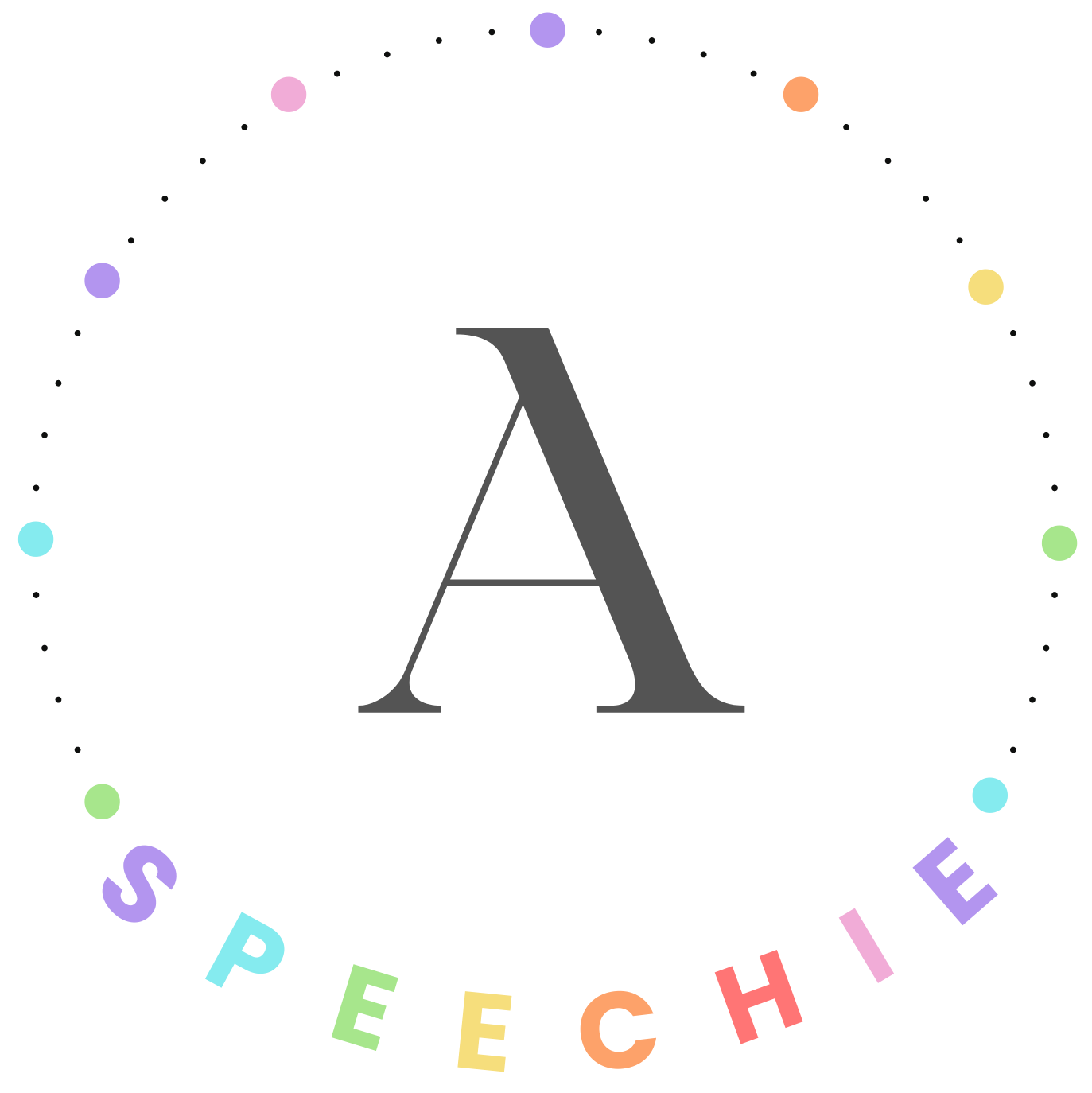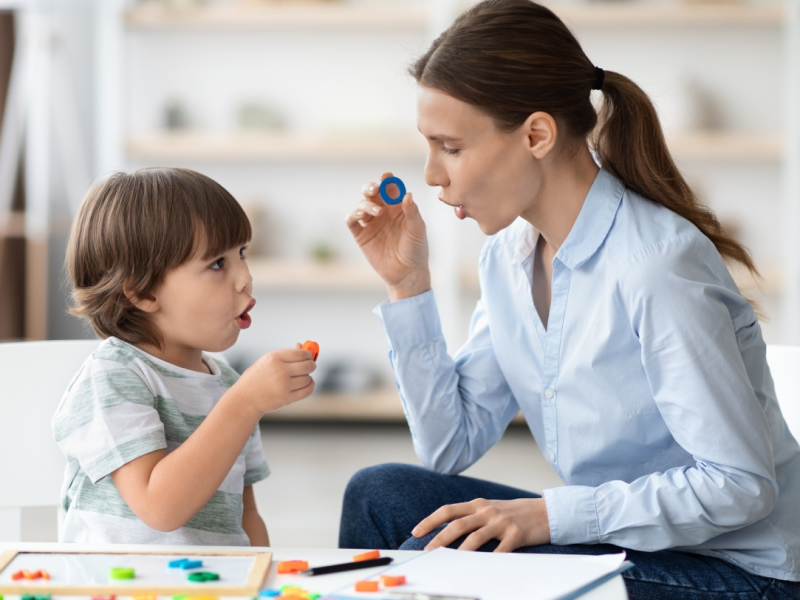Speech development is a natural part of childhood. Most kids learn to talk progressively over many months, from pre-language sounds to first words, sentences, and complex language concepts. While every child is unique and kids develop at their own pace, a number of milestones have been set to measure speech development and identify potential areas of concern.
Speech development milestones
The following speech and language milestones have been set by the Children’s Health department at Stanford Medicine.
Birth to 5 months
- Cooing sounds like “oohs” and “aahs”.
- Pleasure sounds like laughing.
- Displeasure sounds like crying.
- Other pre-language vocalisations.
- Responds with noises.
6 to 11 months
- Babbling sounds like “ba-ba-ba”.
- Says “ma-ma” and “da-da” without meaning.
- Attempts to communicate with gestures.
- Tries to repeat your sounds.
- Understands “no-no”.
- May say first word.
12 to 17 months
- Says first word.
- Attempts to imitate simple words.
- May say 2 to 3 words together in labelling persons or objects.
- Answers simple questions with noises.
- Total vocabulary is around 4-6 words.
18 to 23 months
- Vocabulary grows to around 50 words.
- Asks for common foods and items by name.
- Makes basic animal sounds, such as “moo” and “baa”.
- Starts to form simple 2-word sentences.
- Begins to use pronouns, such as “me” and “mine”.
2 to 3 years
- Uses simple 3-word sentences.
- Uses more pronouns, like “you” and “I”.
- Answers simple questions.
- Knows some spatial concepts, like “in” or “on”.
- Knows some descriptive words, like “big” or “happy”.
- Speech is more accurate but often unclear.
3 to 4 years
- Uses most speech sounds, but often unclear.
- Answers simple questions.
- Groups objects, such as foods or toys.
- Identifies colours and shapes.
- Can describe the use of objects.
- Expresses ideas and has fun with language.
- Repeats simple sentences.
4 to 5 years
- Understands complex questions.
- Answers “why” questions.
- Understands spatial concepts.
- Speech is mostly understandable.
- Can describe how to do certain things.
- Can list items in a category.
5 years
- Engages in conversation.
- Uses imagination to create stories.
- Understands timed events and sequences.
- Can form complex sentences, using 8 or more words.
- Describes various objects.
- Understands rhyming.
What if my child doesn’t reach these milestones?
If your child doesn’t reach early milestones, they may be diagnosed with late language emergence (LLE) or “late talking.” While this is not an official diagnosis, it can help to identify specific speech and language issues at a young age. Late talking is typically identified at two years of age, as natural variations in speech development are common before this date.
If your child does not have a vocabulary of 50 words and/or does not use two-word combinations by this age, it’s important to contact a speech pathologist. If this or earlier milestones are not met, a paediatric speech pathologist can assess your child and create a custom plan to meet their specific needs. Please contact A Speechie Speech Pathology today to learn more.



